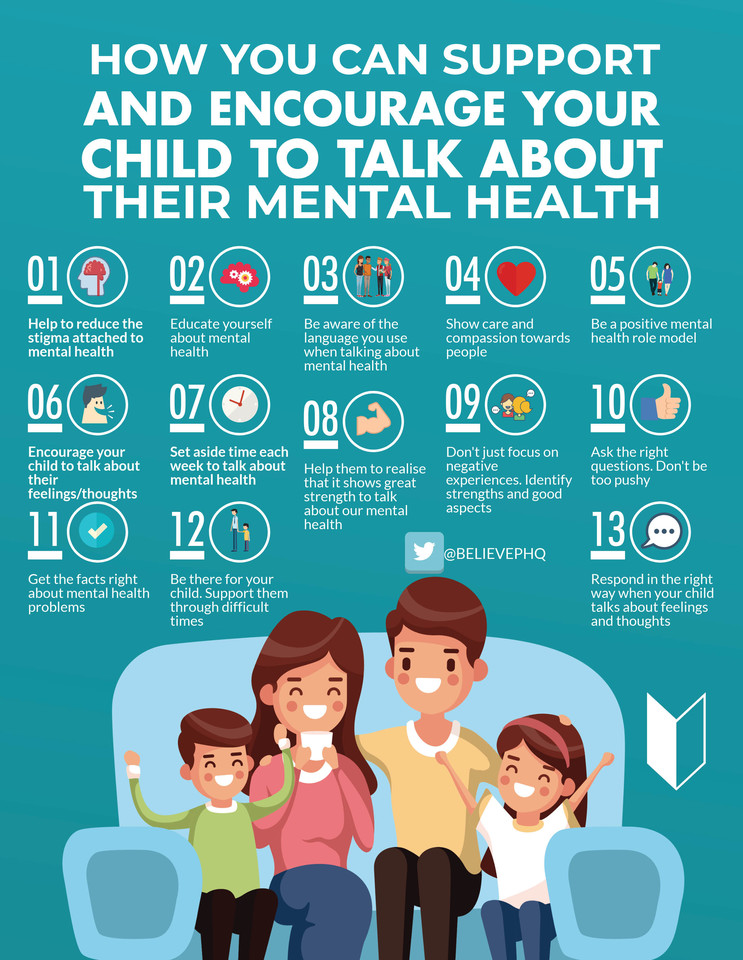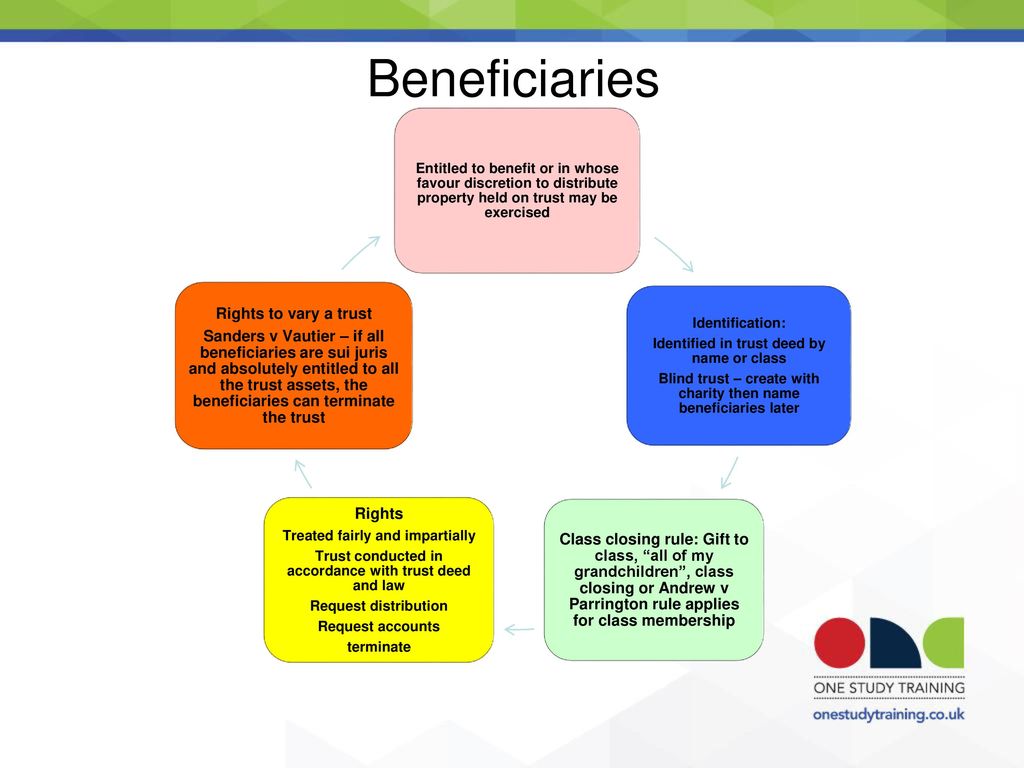How long can you claim your child
How Long Do Kids Stay Dependents?
Once you are a parent, you never stop being a parent. You stayed up with your kids when they had the flu, helped them study for the ACT, cheered them on at their graduation. You have been there for their highs, lows, and everything in between. You will continue to care, love, and support your children for the rest of your life.
But will there ever be a time they can fly away from the nest?
According to the federal government, the answer is yes!
From the time your children were born, you claimed them as dependents on your federal and state taxes, which has saved you money on your taxes over the years. The decision to claim children as dependents rests on a myriad of factors, let’s see how those could affect you this year.
In the Nest – How Long You Can Claim
The federal government allows you to claim dependent children until they are 19. This age limit is extended to 24 if they attend college. If your child is over 24 but not earning much income, they can be claimed as a qualifying relative if they meet the income limits and/or if they are permanently disabled. It is important to know that there is no age limit if your child is permanently disabled.
Other factors that contribute to your ability to claim your children as dependents are:
- Amount of time your children live with you
- Your child must live with you for at least 6 months before you can claim them as a dependent.
- Financial support
- If your child makes more than half of their own support during the tax year, they cannot be claimed as a dependent. This support consists of housing, food, education, medical care, insurance, and recreational spending.
- Marital Status
- If you are not married and the child lived with you and the other parent half of the time, the person with the highest adjusted gross income will often take the deduction. This, however, can be negotiated.
- If you pay child support but the child lives with you for less than half of the year, you cannot claim the child as a dependent unless you have a signed Form 8332.

Still unclear if you can claim your child as a dependent? The IRS has a questionnaire here you can use to find out. Simply answer a few questions and the IRS will tell you whether or not you are eligible to claim a person as your dependent on your taxes.
For many families, the longer they are able to claim their children as dependents the better it will be. But the new Tax Cuts and Job Act has changed the way parents claim dependents. Prior to 2018, parents were able to receive a personal exemption that reduced taxable income. For example, in 2017, a married couple filing jointly could take a $4,050 exemption for themselves and each dependent. The new tax law has suspended that exemption benefit from 2018-2025. This means that parents will need to use other tax exemptions to help make up for the loss of the child exemptions.
Out of the Nest
Since the exemption for dependents is suspended until 2025, parents have to look for other tax credits and deductions that can help them on their tax bill. Here are a couple of credits to keep an eye on.
Here are a couple of credits to keep an eye on.
This is just one of the many examples of how our comprehensive tax planning creates value for our clients. See other important tax planning topics on our website, here.
- Earned Income Credit
- This credit is based on the amount of money you earn in a tax year. Designed to benefit low to medium income families with children, this credit will allow you access to a certain amount of money based on your income and the number of children you have. $6,431 is the maximum earned income credit available for 2018 for three children and parents earning no more than $54,884. For two children the maximum credit is $5,716 with an income threshold of $51,492. $3,461 is the maximum credit for one child with the parents’ income being less than $46,010. Remember, for any credit, your child must pass the qualifying child test.
- Child Tax Credit
- The Tax Cuts and Jobs Act stipulates that parents with qualifying children are eligible to receive a $2,000 refundable credit per child.
 A refundable credit will allow some or all of the credit to be refunded to the taxpayer after the tax liabilities are met. The reform allows for up to $1,400 of the credit to be refunded. The $2,000 credit is an increase from the $1,000 limit in 2017 and is set to stay until 2025. Additionally, under the new tax law, many more families will qualify for this particular tax credit as the income limit has increased.
A refundable credit will allow some or all of the credit to be refunded to the taxpayer after the tax liabilities are met. The reform allows for up to $1,400 of the credit to be refunded. The $2,000 credit is an increase from the $1,000 limit in 2017 and is set to stay until 2025. Additionally, under the new tax law, many more families will qualify for this particular tax credit as the income limit has increased. - If your child does not qualify for the tax credit, the new tax code does offer a $500 benefit per child. This is a non-refundable tax credit which means that the credit is limited to the tax liability and nothing is refunded.
- The Tax Cuts and Jobs Act stipulates that parents with qualifying children are eligible to receive a $2,000 refundable credit per child.
The new Tax Cuts and Jobs Act has changed the way parents will claim dependents in 2018. Therefore it is important to understand the nuances of the IRS qualifying system, exemptions that may or may not be applicable, and the other forms of tax credits available to you.
Related Video – Claiming College Students as Dependents
If you want personal advice on how to claim your dependents, contact us!
Let's Get Started
You'll get the most value from financial planning if your specific goals and needs match a firm's philosophy and services. Let's learn more about each other.
Let's learn more about each other.
Ready to Get Started?
When to claim children as dependents on your taxes
Taxes
Updated 02/01/18 to reflect new amounts for 2017 tax season
Parents with young adult children face a complicated decision when it comes to filing their taxes: should they be claimed as dependents?
Tax deductions for dependent children are aimed at alleviating the cost of raising a family. In 2017, taxpayers could claim a $4,050 exemption for each qualifying child.
Deciding whether a child should be claimed as a dependent depends on a myriad of individual factors, but in general, it's almost always best for parents to keep children as dependents for as long as they can, says Cameron Keng, a New York-based certified public accountant and enrolled agent.
To help determine if you are eligible and whether it makes financial sense to keep your children as dependents, experts suggest you ask the following questions.
Is the child over age 24, but not earning income? You can claim dependent children until they turn 19, unless they go to college, in which case they can be claimed until they turn 24. If your child is 24 years or older, they can still be claimed as a "qualifying relative" if they meet the qualifying relative test or they are permanently and totally disabled.
For the qualifying relative test, among other things, is the requirement that they earned less than $4,050 in 2017. The IRS has a worksheet that can be used to determine if they satisfy the qualifying relative test.
Is the child in college, or just getting started in a career? It's often best for parents to claim a child in college because parents are typically in a higher tax bracket and will receive a greater tax benefit, explains Joe Orsolini, a certified financial planner and founder of CollegeAidPlanners.com.
Parents may also be eligible to receive a tuition and fees deduction and an education credit with some income restrictions. Students tend not to have a high enough tax bill to take advantage of these credits and deductions and wind up leaving money on the table, Orsolini adds.
Students tend not to have a high enough tax bill to take advantage of these credits and deductions and wind up leaving money on the table, Orsolini adds.
Does the child have substantial medical expenses? Keeping your child part of your household means you can deduct their medical expenses under your own itemized deductions, Keng says.
If you are paying out-of-pocket for the child's care, keeping them as a dependent makes financial sense.
Does your child need more financial aid for higher education? Financial aid for higher education is based on family income and assets. For college financial purposes, students are considered 'dependent' until they turn 24, have a child which they provide more than half the support for, are married, are active duty or military veterans, have a bachelors degree, or are wards of the state.
“If the child is no longer a dependent, the financial cord is broken and the child may qualify for aid based on their own income and assets,” says Eric Levenhagen, a CPA with ProWise Tax & Accounting in IA. That means the tax benefit is outweighed by the amount of eligible scholarships and grants (and consequently, less student loan debt).
That means the tax benefit is outweighed by the amount of eligible scholarships and grants (and consequently, less student loan debt).
This story was originally published in February 2012, and has been updated.
Alimony for the maintenance of a child other than his own
Marina Frolova
Attorney at the Moscow Bar Association, Law Office No. 14 of the Moscow City Bar Association
02 September 2021
Tips
How to dispute paternity and get rid of child support debt from a stranger?
Perhaps there is no more joyful event for a married couple than the birth of a child. Parents, aunts and uncles, grandparents, friends are looking forward to this. Someone in "waiting for a miracle" arranges a magnificent holiday, and someone rejoices in happiness in a quiet family circle. But happiness sometimes overshadows misfortune. The spouses begin to quarrel, and sometimes the father of the child has doubts: “Am I the biological father?”
Or maybe it’s like this: the spouses have not lived together for a long time, they don’t even communicate, but they haven’t officially terminated the marriage. And now the spouse gives birth to a child from a stranger, and in the registry office in the column "father" indicate the legal spouse. Here a reasonable question immediately arises: what, in fact, should he do now?
And now the spouse gives birth to a child from a stranger, and in the registry office in the column "father" indicate the legal spouse. Here a reasonable question immediately arises: what, in fact, should he do now?
How is paternity disputed?
In accordance with Part 2 of Art. 48 of the Family Code of the Russian Federation, if a child was born from persons who are married to each other, or within 300 days from the date of dissolution of the marriage, its recognition as invalid, or from the death of the spouse of the mother of the child, then the spouse (former spouse) of the mother is recognized as the father of the child, if otherwise has not been proven (Article 52 of the RF IC). The paternity of the spouse of the mother of the child is certified by a record of their marriage.
If you doubt that you are the biological father of the child, you can apply to the court to challenge your paternity in accordance with Art. 52 RF IC. But it should be borne in mind that according to Art.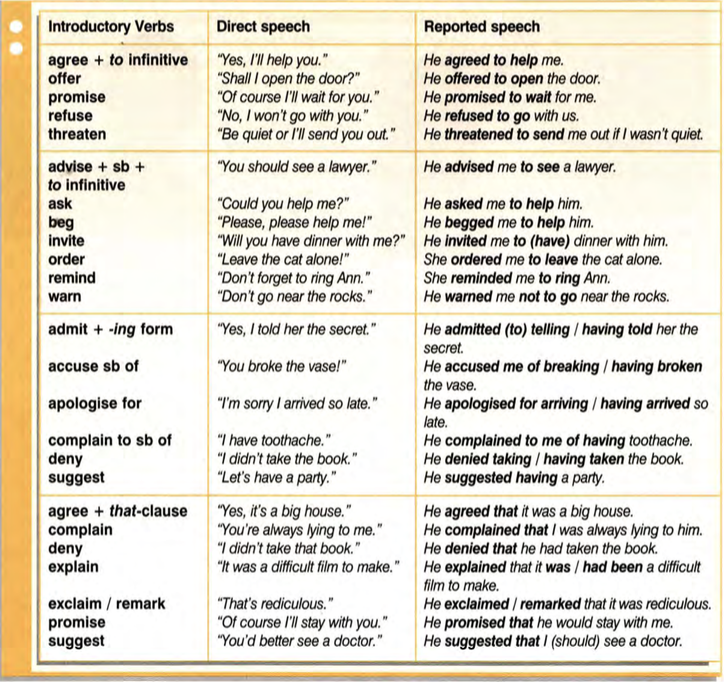 56 of the Civil Procedure Code of the Russian Federation, you, as the father of the child, will have to prove the opposite. Expert opinions, photo and video materials, audio recordings, testimonies of witnesses, etc. can be used as evidence. Also, at the request of one of the parties, the court may appoint a molecular genetic examination.
56 of the Civil Procedure Code of the Russian Federation, you, as the father of the child, will have to prove the opposite. Expert opinions, photo and video materials, audio recordings, testimonies of witnesses, etc. can be used as evidence. Also, at the request of one of the parties, the court may appoint a molecular genetic examination.
Now many will ask what to do if a husband or wife evades participation in the examination, does not provide the biological material necessary for its conduct. In accordance with Part 3 of Art. 79 Code of Civil Procedure of the Russian Federation when a party evades participation in the examination, failure to provide the experts with the necessary materials and documents for examination, and in other cases, if due to the circumstances of the case and without the participation of this party it is impossible to conduct an examination, the court, depending on which party evades the examination and which for this party, it matters, has the right to recognize the fact, for the clarification of which the examination was appointed, established or refuted. That is, if the court is considering a case on disputing paternity and the mother of the child evades the examination, but there is other evidence confirming the position of the plaintiff, then the court may recognize the fact of the absence of relationship between the alleged father and the child as proven.
That is, if the court is considering a case on disputing paternity and the mother of the child evades the examination, but there is other evidence confirming the position of the plaintiff, then the court may recognize the fact of the absence of relationship between the alleged father and the child as proven.
Everything seems to be clear here. But what about those dads who are withheld alimony for the maintenance of not their children?
Can I just not pay child support, since the child is not my own?
According to Art. 80 of the RF IC, parents are obliged to support their minor children. Therefore, if you are officially the father of the child, you are required to pay child support for his maintenance. Keep in mind: if you decide to evade this duty while the paternity dispute is pending in court, you may be held administratively and then criminally liable. The only way out is to ask the court to suspend enforcement proceedings until a decision is made on the case.
If you have already owed alimony, then after disputing paternity, you can apply to the court with a statement of claim to release you from paying the debt.
From the moment a court decision is made to satisfy the statement of claim to contest paternity, you have the right to demand that you be released from further payment of alimony and termination of enforcement proceedings.
(Answers to other questions from payers and recipients of child support can be found in the collection of materials on the topic “Child support.”)
Read also:
8 easy steps to teach children to respect and listen to their parents?
Naughty children: why did they not please their parents?
For such children to behave "normally", adults have to make efforts: to restrain, control, repeat, refuse, punish and warn. And that's the point: we don't want to strain ourselves by raising children. It would be more convenient for the child to be controlled like a toy with a remote control.
You tell your child: “You need to wash your face” or “Wash your hands!”, but he does not listen to you. You remind that it's time to break away from the computer and sit down for lessons, he frowns with displeasure: "Leave me alone!" - Of course, it's a mess.
Smart parents have funny, smart and obedient children. Moreover, smart and loving parents take care of this: they make sure that their children are not only smart, but also obedient. This seems obvious: if you want to teach a child to do good things, you first need to teach him to obey you elementarily.
Unfortunately, ordinary children have long been accustomed to not listening to their parents: you never know what they say! And the point here is not in the children, but in us, in the parents, when we say things that are important for us to the children somehow not seriously, not paying attention to whether the children are listening to us or not, when we put forward our demands unconvincingly.
Your requests should be calm but clear instructions, sound weighty and be accompanied by control. The child must know that your words are not empty words, and if you warn that toys that are not removed are thrown away, they really disappear. If a parent approaches a child with a confident request, knowing that he has leverage, the child will respond to such a request.
The child must know that your words are not empty words, and if you warn that toys that are not removed are thrown away, they really disappear. If a parent approaches a child with a confident request, knowing that he has leverage, the child will respond to such a request.
But it's not just about the right wording and levers of influence, there is another important trick in building relationships with a child, namely, whether your child has a HABIT to obey you. "To obey or not to obey parents" is determined not only by what and how the parents say, it is also determined simply by the child's habits.
There are children who have the habit of mindlessly obeying everyone, and there are children who have the same habit of mindlessly disobeying anyone. Obeying "everyone" or "no one" are equally bad habits, but the habit of obeying selectively, namely, OBEYING YOUR PARENTS, is a great habit! Your children should have the habit of paying attention to what you say, the habit of doing what you ask them to. Teach your child to listen and obey you, and you will have your parental authority, you will have the opportunity to raise a developed and thinking person from your child.
Teach your child to listen and obey you, and you will have your parental authority, you will have the opportunity to raise a developed and thinking person from your child.
Is it difficult to get your children into this habit? Much depends on age: it is difficult to teach a teenager to obey his parents, it is almost impossible for many mothers, and developing such a habit in a small child is a solvable task. In principle, the sooner you begin to develop in your child the habit of listening and obeying you, the easier it will be for you.
The easiest method to help you with this is the "Eight Steps" method. Its idea is to teach your child to obey you, starting with the simplest, most elementary things, and very gradually, methodically move step by step to more difficult things. From simple to complex.
First, we do what any parent can do with any child, then we add a little, then a little more - and so we go a long way from a natural child to a well-bred child who already understands that people who are loving and more experienced than him should obey right.
The age at which the Eight Steps algorithm works best is from 2 to 12 years. After 12 years, a well-bred child should already become your friend and helper, you are no longer so much raising him, but helping him in his self-education, helping him to solve life's tasks in the best way.
Now let's get down to business. What are these steps?
Step 1: Addition.
As the King from Antoine Saint-Exupéry's fairy tale "The Little Prince" said, controlling the sunrise is easy, you just need to know when the sunrise occurs. Say at the right moment: "Sun, rise!", and you will become the lord of the rising sun... So is the child: if the child does not obey you yet, he still does something. Go from what is, adapt to what he does, and direct his activity in the direction you need.
The child runs, you shout to him: "Well done, faster, faster!" - he happily adds speed.
Sit down at the table, you know what the child likes, what he will still reach for. Get ahead of him: "Take your favorite bread!" You said he took it.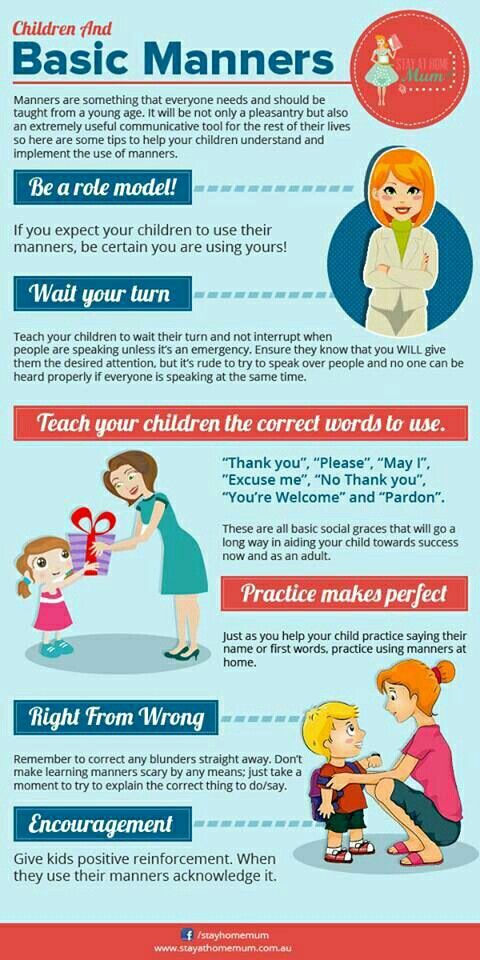
Little Nikita likes to clap his hands. "How does Nikita clap her hands? - Clever girl, Nikita! And now, Nikita, show me how the car hums! ... Wonderful!" - you teach him to do what you tell him. He is one and a half years old, and he is already learning to listen to you and obey.
If you can't manage, take the lead. You cannot (yet) control the behavior of the child - adapt to what he does anyway, and what he wants to do himself.
Step 2: Taming: Train to come when called.
Do you know what "attach" means? The fisherman throws food into the river - he attracts fish. When an ancient man decided to tame wild dogs, he also started with affection, then he began to feed them, then stroke them, and gradually taught them to run up to him when he called them. Have you already tamed your children? Do they come running to you when you call them? If your children are still wild, start like an ancient man by taming them.
Your child likes to crunch apples or nibble cookies: your task is to make sure that access to these sweets is not free, but only through you. This is not in the vase, but you can give it to your child. Now you don’t wait until he starts begging from you, but choosing a good time, you yourself announce: “Who wants a tasty apple, quickly runs to me!”, “Cookies, cookies, delicious cookies for obedient kids.” Children run, you treat them and pat them on the head: "Well done, how quickly you run to your mother!" So the hunt has taken place - you are already accustoming children to come to you when you call them.
This is not in the vase, but you can give it to your child. Now you don’t wait until he starts begging from you, but choosing a good time, you yourself announce: “Who wants a tasty apple, quickly runs to me!”, “Cookies, cookies, delicious cookies for obedient kids.” Children run, you treat them and pat them on the head: "Well done, how quickly you run to your mother!" So the hunt has taken place - you are already accustoming children to come to you when you call them.
Invite your child to you - and praise him when he comes to you! A bait can be not only food, but everything that the child likes: and squeeze the cream on the cake, and cut the bread, and the time when you can play with the child in the games that he loves. "Mom has five minutes! Whoever comes running quickly can play hide and seek with her!" Important: if a child comes running, you reinforce it: give a bait and praise. If the child is in no hurry to run, comes later and demands, you don’t give a bait: “That’s it! It’s all over!”, but you prompt: “When mom calls, you need to run quickly!”. Teach your child to fulfill your requests, reinforcing it with joy.
Teach your child to fulfill your requests, reinforcing it with joy.
Step 3. Learning to negotiate.
Your child will be intelligent and not capricious if you teach him to use his mind. And for this, take the time to explain to the child what is good and what is bad - and teach him to negotiate. You can try to talk intelligently with a child even at two years old, and if your child is already three years old, this is already a must. Teach your child to negotiate and fulfill agreements!
You and your child are on the playground, it's time for you to leave, but the child doesn't want to leave, he wants to play more. Just command?
The child may begin to protest with a roar. What to do?
Negotiate.
The first agreement - before coming to the playground. "You want to go to the playground, but we can't play there for a long time, I will need to return home, cook dinner. You promise me that when I say that it's time for us, you won't cry, but will say goodbye to all the children and go with me home? Won't you keep me?" The second conversation is when it's time for you to leave. Most likely, the child will begin to whine: "Mom, I have a little more!". Here your task is to calmly cut him off from the players and discuss how to behave correctly in such a situation. “If you promised that you would not whine and cry when you need to go home, you can’t whine and cry. Otherwise, how will they believe you next time?”
Most likely, the child will begin to whine: "Mom, I have a little more!". Here your task is to calmly cut him off from the players and discuss how to behave correctly in such a situation. “If you promised that you would not whine and cry when you need to go home, you can’t whine and cry. Otherwise, how will they believe you next time?”
Here it is important that respect for agreements is supported by all close adults, there is only one position: "Agreed - it is necessary to fulfill it. And whoever does not fulfill the agreements is a violator, a whim and a small one, nothing serious can be allowed to him." We agree and do not be capricious.
Step 4: No whims.
An obedient child not only DOes what you ask him to do, he also STOPS doing what you do not like. The child tries to fight the will of his parents through his whims and tantrums, and your task at this step is to stop reacting to them in any way. Learn to do your own thing without reacting to the whims of the child - in those cases when you yourself are sure that you are right and you know that everyone will support you.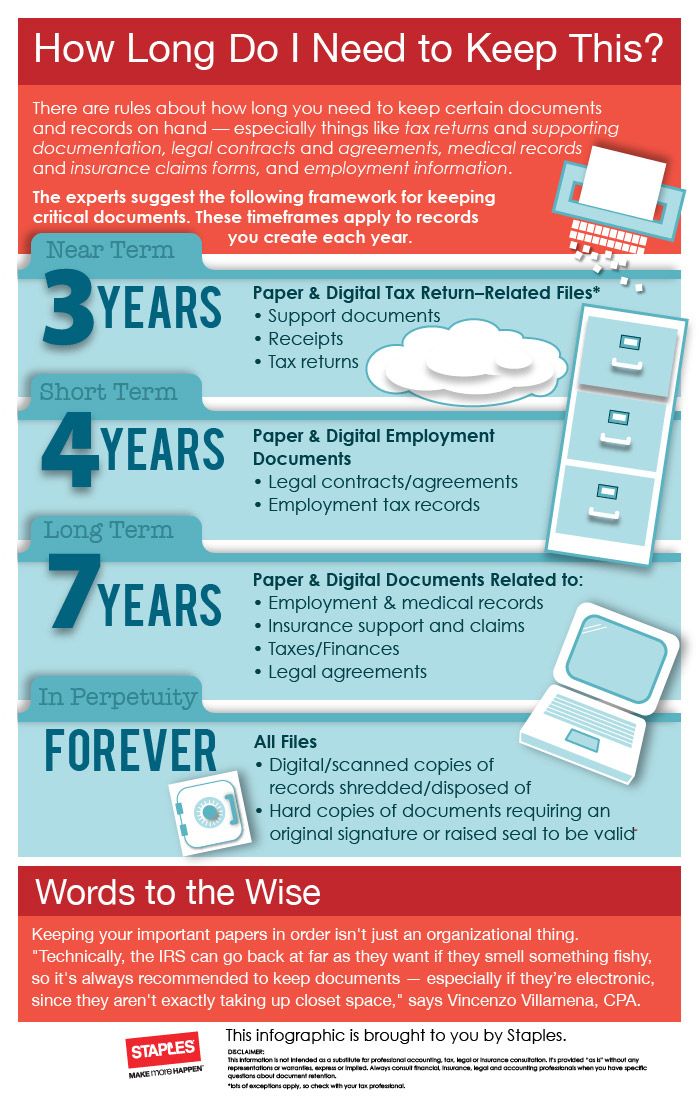
You are all hurrying to the train, packing your things. In this case, the whims of the child "Come play with me!" will be easily ignored by everyone, including grandmothers. Teach your child that there are important things to do. Teach your child to say, "This is important." If you sat down in front of him and, looking into his eyes, holding his shoulders, calmly and firmly say: "Adults now need to get together, and we will play with you later. This is important!" - then soon the child will begin to understand you. It is important!
Step 5: Requirements.
Your child already quickly comes running to you when you call him with something tasty, has stopped being capricious and no longer throws tantrums. As a rule, he will do what you asked him to do, but he is not yet used to the fact that you can seriously demand something from him. Requests are soft, while demands are hard and mandatory. Is that the way to listen? At this step, again act consistently, but carefully, at first demand a minimum and only when everyone supports you.
The child is already old enough to... In order not to take away a toy from someone else's child, to pick up a fallen mitten yourself, to put porridge in your mouth yourself... - Always look for those moments when your demands will be supported by everyone around you, so that even the grandmothers at least kept silent.
If you have too many demands on your child, if he does not keep up with your numerous demands, or if you do not have the support of others, do not push. Like politics, education is the art of the possible. Napoleon himself taught his commanders: "Give only those orders that will be carried out."
Nevertheless, gradually remove the bait as something obligatory, start calling the child already without rewarding him with something tasty. It's time to teach the child that if mom (especially dad) is his name, you need to come simply because he was called. If he doesn’t go right away, they repeated it, but achieved it. And now they drew his attention to the fact that you had to wait for him, and asked him to come when his mother calls. No need to swear, just say: "When mom calls, you need to come right away!" - and kiss! Slowly, your child will begin to learn it.
No need to swear, just say: "When mom calls, you need to come right away!" - and kiss! Slowly, your child will begin to learn it.
Step 6: Responsibilities.
Requirements are one-time, while duties are a system of permanent requirements for a child. The time has come to teach the child that each member of the family has his own responsibilities, and he must participate in family affairs on an equal basis with mom and dad. Having explained this to the child, begin to confidently give him tasks, but also act gradually here: let him first choose his duties according to his strength, let him do what is not difficult for him, or, all the more, even want a little.
This step is more difficult for mothers than for children. Moms really want to do everything themselves and not strain the child. So, dear mothers and, in principle, parents, make sure that the child always has things to do at your request. The child should not fade away the understanding that he has tasks, and he must do it. Clean up the bed, take away the cup, wash the dishes, run to the store - most likely, it’s easier and cheaper for you to do it all yourself, but you are educators, so your task is to restrain yourself, not to do it yourself and entrust it to the child every time .
Clean up the bed, take away the cup, wash the dishes, run to the store - most likely, it’s easier and cheaper for you to do it all yourself, but you are educators, so your task is to restrain yourself, not to do it yourself and entrust it to the child every time .
At first, the child has to be reminded of his duties, after a while the duty to remember should fall on the child himself. Remembering your responsibilities is also the responsibility of the child!
Step 7: Self-reliance.
When a child already knows what duties are, it's time to teach him to be independent. The ability to obey is the basis of smart independence. The independence of an obedient child lies in the fact that you can already give him difficult tasks in the confidence that he will complete them completely on his own, without your help and prompts. It’s not just “Go to the store” or “It’s your responsibility to take out the bucket”, but “Pack up all the things you will need on the trip”, “Grandma needs help digging up a garden in the country”, “Toothache? Call the clinic, Find out when the doctor is, go and get your teeth fixed. " As usual, not everything will turn out right away, at first the child will need your tips, help and support, but the more often he begins to successfully cope with difficult assignments, the faster he will wake up a taste for independence. So, move from simple to complex, from dense, frequent and specific clues to rare and general clues, and thus gradually move on to more and more difficult and independent tasks, mostly on the most positive background, with small irregular reinforcements and rare large ones.
" As usual, not everything will turn out right away, at first the child will need your tips, help and support, but the more often he begins to successfully cope with difficult assignments, the faster he will wake up a taste for independence. So, move from simple to complex, from dense, frequent and specific clues to rare and general clues, and thus gradually move on to more and more difficult and independent tasks, mostly on the most positive background, with small irregular reinforcements and rare large ones.
Ideally, if you go somewhere for a relatively long time, your child should be able to live without you without major problems. He is already on his own!
Step 8: Responsibility.
Well, the last step remains: responsibility. Women do not really like the word "responsibility", they are closer to "caring", but there is a difference between these words: a caring person pays only with efforts and soul, and a person responsible for his mistakes pays really. If you entrust a child with a responsible task, for this, in the event of a puncture, either the child or you will have to pay. But children grow up, it's time to acquaint them with responsibility, and now you entrust the child with not just deeds, but responsible deeds: those for which you need to answer to other people or, simply, pay for mistakes.
But children grow up, it's time to acquaint them with responsibility, and now you entrust the child with not just deeds, but responsible deeds: those for which you need to answer to other people or, simply, pay for mistakes.
You instructed a child to place an expensive service on the table. Or put money in the bank. Or - to bring a little sister from the kindergarten ... Will she not break it? Will not lose? Will not forget?
When taking on a responsible task, the child already knows the price of a mistake, and treats the assignment responsibly: he will think everything over, remember, follow up and check, and will definitely report back to you at the end.
When a child learns this too, you can be proud - you are already an adult. You have raised an adult, responsible person! Remember, it all started with quiet, neat outbuildings to a completely naughty child?
Of course, and after that no one will promise you that your children will become angels and will never disobey you. Everything is possible, our children do not always obey us. Sometimes it happens by accident, sometimes on purpose. How to react to it? Calmly. If you act wisely, you will solve this issue without difficulty.
Everything is possible, our children do not always obey us. Sometimes it happens by accident, sometimes on purpose. How to react to it? Calmly. If you act wisely, you will solve this issue without difficulty.
By the way, is there anything after the eighth step, after the formation of responsibility in the child? Your child is not only ready to fulfill your requests, he knows his duties, he is a completely independent and responsible person. And it's all? Is there anything else we want to give our child? Tell me, when and how will we set the task so that our children grow up as loving people?
Should children listen unquestioningly to their parents?
There can be no unambiguous answer to this question precisely because parents are different. There are parents - alcoholics, there are - smart and loving. If we talk about smart and loving parents, then our answer will be positive: yes, children should obey such parents implicitly. Why? What for? Because smart and loving parents love their children and will never demand from their children what will be harmful to children.


